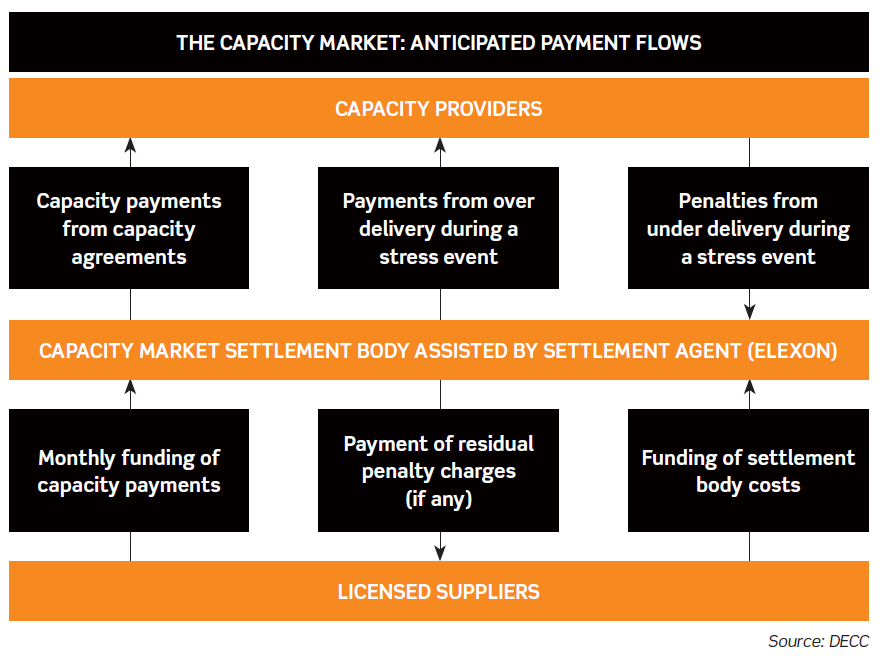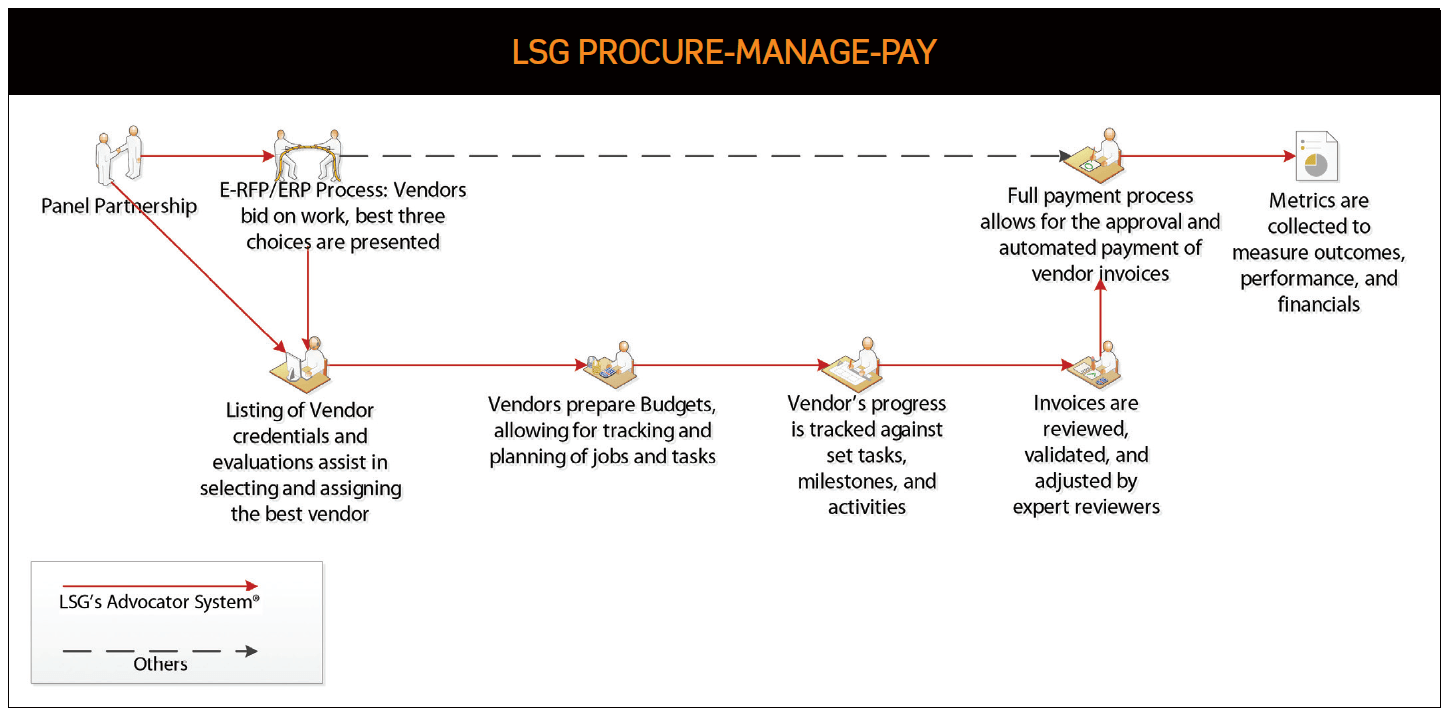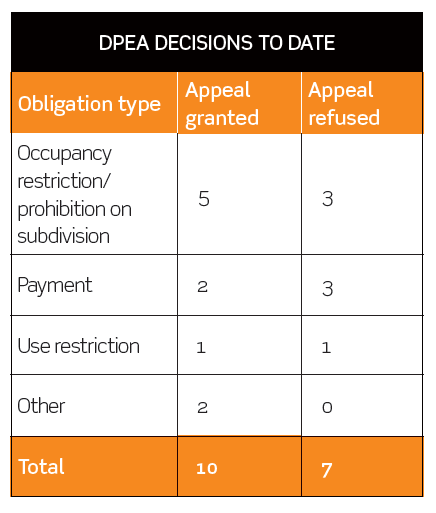The last two decades have witnessed migration on a scale not seen in the UK since the 1960s. In recent years the media coverage of immigration policy has grown increasingly negative, with the common perception among the general public that past and present UK governments have allowed immigration to spiral completely out of control. In May 2010 the newly elected coalition government made it clear that they would be concentrating their efforts on reducing net migration from hundreds of thousands to tens of thousands. Continue reading “If the price is right, the UK will welcome you with open arms: encouraging business and investment in the UK”
Document management, IT and antitrust: some recent European Commission developments worth knowing about
The European Commission (as well as national competition authorities in the EU) have the right to request that companies submit internal documents. They also have powers to force companies, within certain boundaries, to hand over specific documents. This applies to merger investigations as well as to cartel or other infringement investigations. At the same time, there is an increase in damages claims before national courts in the EU and here too the rules on access to documents are being further shaped. We describe some of these developments from 2013 below – they may be worth bearing in mind when creating and managing your internal documents and running your IT systems. Continue reading “Document management, IT and antitrust: some recent European Commission developments worth knowing about ”
Electricity market reform: the Capacity Market explained
The current reforms of the electricity market are intended to help tackle the ‘energy trilemma’: how to decarbonise electricity supply while ensuring security of supply and keeping prices affordable for consumers. The Capacity Market is one of the central pillars of the UK’s electricity market reform proposals and is aimed primarily at ensuring security of our electricity supply.
As a result of the increasing amount of intermittent generation expected to be added to the UK’s electricity mix over the coming decade and the anticipated increase in the electrification of our energy-consuming infrastructure (such as electric vehicles), the Capacity Market is intended to ensure sufficient investment in the overall level of reliable capacity needed to meet the UK’s future electricity needs. Continue reading “Electricity market reform: the Capacity Market explained ”
Top-ten guide: top ten ways to run your legal department like a business unit
Once a trainee has finished their legal education and completed a training contract, they can expect a prosperous and satisfying career. But one thing that many law students are not taught is how to run, or succeed in a business. Law firms have traditionally struggled with marrying the business of law with the practice of law, but less talked about is how in-house legal departments often struggle with integrating into their companies as a collaborative and effective unit of the business. To run like a business unit, it is important that your entire legal department has a culture of collaboration, an understanding of your company’s business and how to demonstrate your department’s success within the business. The following is a list of the top ten ways to help you and your legal department integrate with your company and function more like a business unit. Continue reading “Top-ten guide: top ten ways to run your legal department like a business unit”
Scottish independence: an update
The debate on Scottish independence has been running since early 2012, but took several significant steps forward towards the end of 2013.
The Scottish Independence Referendum Act 2013 was passed by the Scottish parliament on 13 November and received royal assent on 17 December. It sets out the procedures for the conduct of the referendum, and confirms that on 18 September 2014 voters will be asked the question, ‘Should Scotland be an independent country?’. The question of who will get to vote was settled earlier in the year, when the Scottish Independence Referendum (Franchise) Act 2013 set the franchise as those entitled to vote in local government and Scottish parliament elections (which includes EU citizens), plus 16 and 17 year olds. Continue reading “Scottish independence: an update”
The thick end of the wedge
LSG supports businesses in more than 70 countries across a variety of industries. The spectrum of industries is wide but common themes prevail when it comes to the procurement of professional services.
In this article LSG considers these themes and, in doing so, flips the classic adage of ‘thin end of the wedge’ to focus on the gains made at the ‘thick end of the wedge’ to highlight the value of strategic technology driven solutions and peer-to-peer invoice compliance services. Continue reading “The thick end of the wedge”
Scottish planning obligations: modification and discharge – the story so far
Planning obligations1 (formerly agreements), which restrict or regulate the use or development of land, perform a crucial function within the planning system. In Scotland in particular, where the community infrastructure levy has not been adopted, the planning obligation continues to be the primary mechanism for the delivery of much needed local and regional infrastructure through developer contributions, often involving very significant sums. Continue reading “Scottish planning obligations: modification and discharge – the story so far ”
Parking rights: here to stay? Consent might be the surprising answer
In the field of the acquisition of easements by prescription, little has caused more consternation over the last decade or so than the question of whether a right to park cars can be acquired by twenty years user as of right. The types of property capable of being adversely affected range from individual residential units all the way up to major development sites. The establishment of such a right can have a devastating impact on the value of the burdened land. Continue reading “Parking rights: here to stay? Consent might be the surprising answer”
Continued uncertainty for international manufacturers in the US
For manufacturers that export, a key strategic issue for in-house counsel is assessing the risk of being sued in another jurisdiction – particularly the US.
In 2011 Sarah Croft, of Shook, Hardy & Bacon International LLP, reported on two decisions of the US Supreme Court which reaffirmed that non-US manufacturers cannot be sued in a state court unless their commercial conduct has a link to that state.1 It was hoped that these decisions gave some comfort to manufacturers that they would not end up in litigation in a state with which they had no direct commercial contact. The Supreme Court was divided, however, leaving scope for interpretation of the rulings by lower courts. Continue reading “Continued uncertainty for international manufacturers in the US”
Silence is not always golden
In PGF II SA v OMFS Company 1 Ltd [2013], the Court of Appeal considered, for the first time, whether a failure by a party to respond to an invitation to mediate should be treated as an unreasonable refusal to mediate – previous cases having focused on situations where there had been an express refusal to do so.
The Court of Appeal held that silence in the face of an offer to mediate is of itself unreasonable – even if circumstances exist which would justify an express refusal to mediate. Continue reading “Silence is not always golden”
New revised guidelines for administrators in pre-pack sales
Pre-pack sales by administrators are now used frequently enough for most people in business to be aware of them and many have come across them in their business lives. A small amount of controversy still attaches to pre-packs, but it is probably right to say that they are now an accepted part of the UK business scene as a useful means of rescuing a business in difficulty and preserving some or all of the jobs connected with the business.
SIP161, the guidelines for insolvency practitioners carrying out a pre-pack sale, issued in 2009 by the Association of Business Recovery Professionals (and commissioned by the Joint Insolvency Committee (JIC)2) have been revised. The revised guidelines took effect from 1 November 2013. The revised SIP16 defines a pre-pack sale as follows: Continue reading “New revised guidelines for administrators in pre-pack sales”
New Immigration Bill, October 2013: cause for concern or appeasing public sentiment?
The year 2013 has seen a string of reforms to the immigration system by the current coalition government. On 10 October, the government published a Bill aimed at continuing its drive to reduce net migration figures.
Immigration minister Mark Harper MP stated, ‘The government is determined to build a fairer system and address public concern about immigration’. However, the government’s attitude towards immigration and this latest Bill raises deep concerns with regards to how ‘fair’ our immigration system currently is and will become in the future. Continue reading “New Immigration Bill, October 2013: cause for concern or appeasing public sentiment?”




